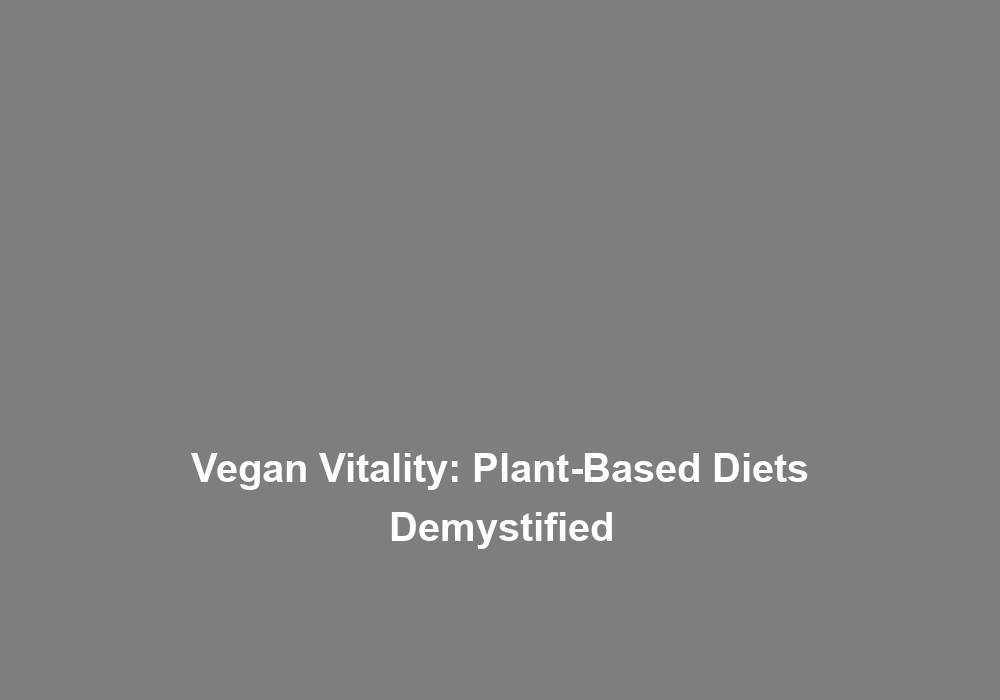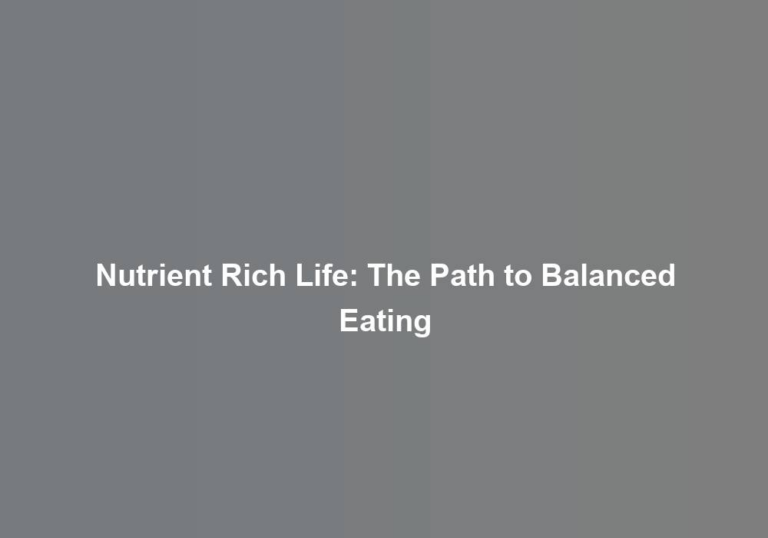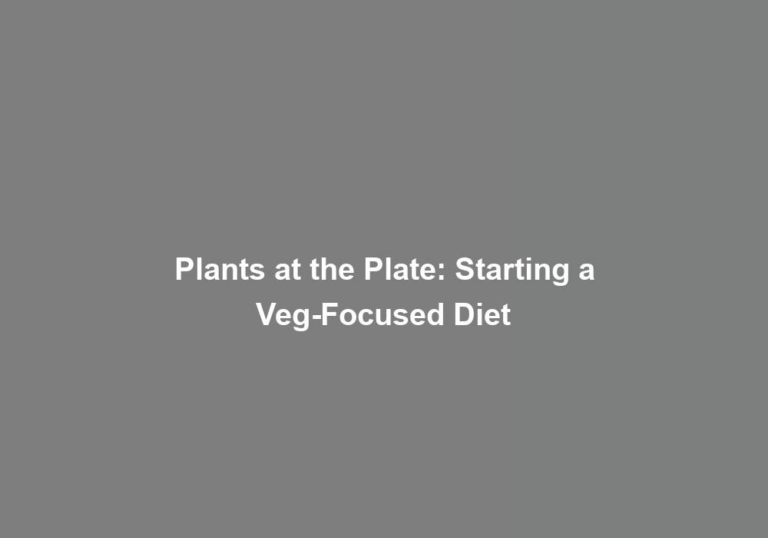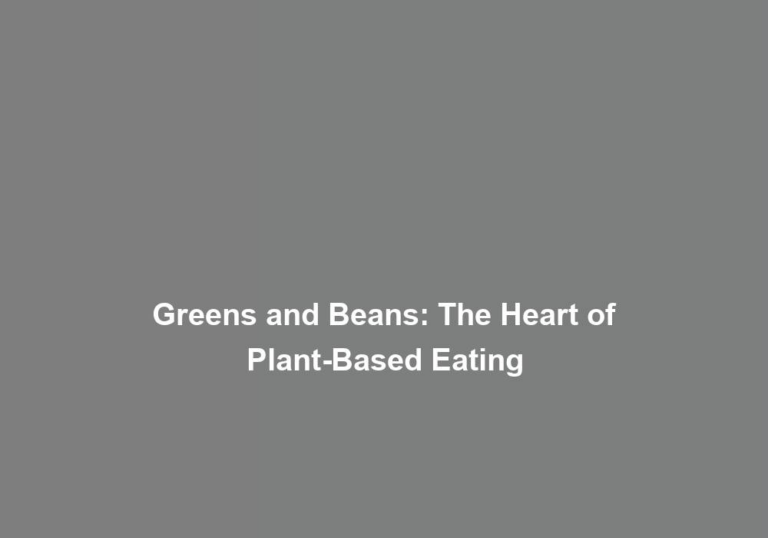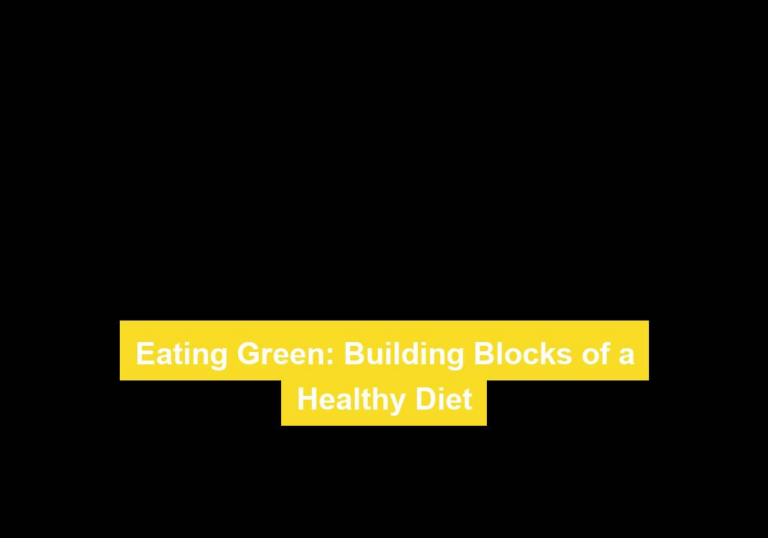Vegan Vitality: Plant-Based Diets Demystified
YouG??ve probably heard a lot about the benefits of a plant-based diet, but sorting fact from fiction can be overwhelming. As you navigate the world of veganism, itG??s essential to understand the nutritional aspects and practical tips for seamlessly incorporating plant-based foods into your lifestyle. Whether youG??re considering making the switch or already following a vegan diet, thereG??s much to uncover about sustaining energy levels, debunking myths, and optimizing your health.
The Nutritional Benefits of a Vegan Diet
If you are considering adopting a plant-based diet, you may be interested in the nutritional benefits of a vegan diet, which have been supported by numerous evidence-based studies. One concern for many individuals considering a vegan diet is the intake of protein. However, there are ample sources of vegan protein, including lentils, chickpeas, tofu, tempeh, and a variety of nuts and seeds. These plant-based protein sources not only provide the necessary protein intake but also offer a wide array of essential nutrients and fiber. Additionally, iron sources in a vegan diet are abundant and include foods such as spinach, kale, lentils, quinoa, and fortified cereals. Consuming these iron-rich foods with vitamin C can enhance iron absorption, promoting overall health.
Vegan vitamin B12, an essential nutrient primarily found in animal products, can be obtained through fortified foods like plant-based milk or cereal, or through B12 supplements. It is crucial for vegans to ensure they have a reliable source of vitamin B12 to prevent deficiency. Furthermore, omega-3 fatty acids are vital for heart and brain health. While fish is a common source of omega-3s, vegans can obtain these fatty acids from sources such as flaxseeds, chia seeds, hemp seeds, and walnuts. Including these foods in your diet can help maintain optimal omega-3 levels.
Understanding the nutritional components of a vegan diet is essential for ensuring a well-balanced and healthy lifestyle. By incorporating a variety of vegan protein, iron sources, vitamin B12, and omega-3 sources into your diet, you can meet your nutritional needs while enjoying the benefits of a plant-based lifestyle.
Debunking Common Myths About Veganism
After understanding the nutritional benefits of a vegan diet, it is important to address and debunk common myths about veganism to make informed decisions about plant-based lifestyles. Debunking stereotypes and addressing ethical considerations can help clarify any misconceptions about veganism. One common myth is that vegans donG??t get enough protein. In reality, plant-based sources such as lentils, tofu, tempeh, and quinoa provide ample protein to support a healthy lifestyle. Additionally, there are many vegan athletes and bodybuilders who successfully meet their protein needs through plant-based foods.
Another myth is that vegan diets lack essential nutrients, particularly vitamin B12, iron, and omega-3 fatty acids. However, fortified foods and supplements can easily provide these nutrients, ensuring that vegans can meet their dietary requirements. Moreover, a well-planned vegan diet can be rich in iron from sources like lentils, chickpeas, and spinach, while omega-3 fatty acids can be obtained from flaxseeds, chia seeds, and walnuts.
Ethical considerations are also important to address. Some people believe that veganism is an G??all or nothingG?? lifestyle, but the reality is that every effort to reduce animal product consumption can make a difference. Making small changes such as participating in G??Meatless MondaysG?? or choosing plant-based options more frequently can still have a positive impact on animal welfare and the environment. Ultimately, debunking these myths and understanding the ethical considerations can help you make an informed decision about adopting a vegan lifestyle.
Essential Nutrients for Optimal Vegan Health
To maintain optimal health on a vegan diet, it is essential to ensure adequate intake of key nutrients such as vitamin B12, iron, and omega-3 fatty acids. These nutrients play crucial roles in overall health and well-being. While it is possible to obtain these nutrients from plant-based sources, it requires careful planning and knowledge of the right food choices.
| Nutrient | Sources | Benefits |
|---|---|---|
| Vitamin B12 | Fortified foods, nutritional yeast | Supports nerve function and DNA synthesis |
| Iron | Lentils, spinach, tofu | Essential for oxygen transport in the body |
| Omega-3 fatty acids | Chia seeds, flaxseeds, walnuts | Supports heart and brain health |
Plant protein is an important component of a vegan diet, providing essential amino acids necessary for bodily functions. Sources of plant protein include legumes (such as lentils and chickpeas), tofu, tempeh, quinoa, and soy products. ItG??s important to consume a variety of these sources to ensure adequate intake of all essential amino acids.
Iron is another critical nutrient for vegans, as it is important for the formation of red blood cells. Plant-based iron sources include lentils, spinach, tofu, chickpeas, and fortified cereals. To enhance iron absorption, it is advisable to consume vitamin C-rich foods such as citrus fruits, bell peppers, and strawberries alongside iron-rich meals. By incorporating these essential nutrients into your diet, you can maintain optimal health and vitality on a vegan diet.
Practical Tips for Transitioning to a Plant-Based Diet
Transitioning to a plant-based diet requires thoughtful planning and consideration of various practical tips to ensure a smooth and successful shift towards a more plant-focused way of eating. One of the most important aspects of transitioning to a plant-based diet is meal planning. This involves familiarizing yourself with a wide variety of plant-based foods and incorporating them into your meals in a balanced and nutritious way. Start by exploring recipe resources such as cookbooks, websites, and apps that specialize in plant-based cuisine. These can provide you with a multitude of delicious and satisfying recipes that will make your transition to a plant-based diet more enjoyable and sustainable.
When planning your meals, aim for a diverse range of fruits, vegetables, whole grains, legumes, nuts, and seeds to ensure that you are obtaining all the essential nutrients your body needs. ItG??s also beneficial to experiment with different cooking methods and flavor combinations to keep your meals interesting and flavorful.
Additionally, consider batch cooking and meal prepping to save time and ensure that you always have nutritious plant-based meals readily available. This can help prevent the temptation to opt for less healthy convenience foods when youG??re short on time. By incorporating these practical tips into your transition to a plant-based diet, you can set yourself up for success and make the process more manageable and enjoyable.
Sustaining Energy Levels on a Vegan Lifestyle
When following a vegan lifestyle, maintaining sustained energy levels is crucial for overall well-being and vitality. To ensure that you have the energy you need for your daily activities, meal planning and selecting the right protein sources are essential components of a well-balanced vegan diet.
| Meal Planning | Protein Sources |
|---|---|
| Plan balanced meals that include a variety of whole grains, legumes, fruits, vegetables, nuts, and seeds. | Incorporate protein-rich foods such as lentils, chickpeas, quinoa, tofu, tempeh, edamame, and seitan into your meals. |
| Prepare snacks in advance to avoid reaching for unhealthy options when hunger strikes. | Include nuts, nut butters, and seeds such as chia, flax, and hemp in your snacks and meals. |
| Experiment with different recipes and cuisines to keep your meals interesting and nutritious. | Opt for fortified plant-based milk, yogurt, and cereals to ensure an adequate intake of essential nutrients, including protein. |
Meal planning allows you to create balanced and nutrient-rich meals that provide sustained energy throughout the day. Including a variety of protein sources in your diet ensures that you meet your bodyG??s needs for essential amino acids, supporting muscle function and overall energy levels on a vegan lifestyle. By focusing on meal planning and choosing the right protein sources, you can sustain your energy levels and thrive on a plant-based diet.
Conclusion
In conclusion, embracing a plant-based diet can provide you with a wealth of health benefits, debunking common myths and ensuring you get all the essential nutrients you need for optimal vitality. With practical tips and a focus on sustaining energy levels, transitioning to a vegan lifestyle is easier than you think. So why not take the plunge and give it a go? After all, the proof is in the pudding.

